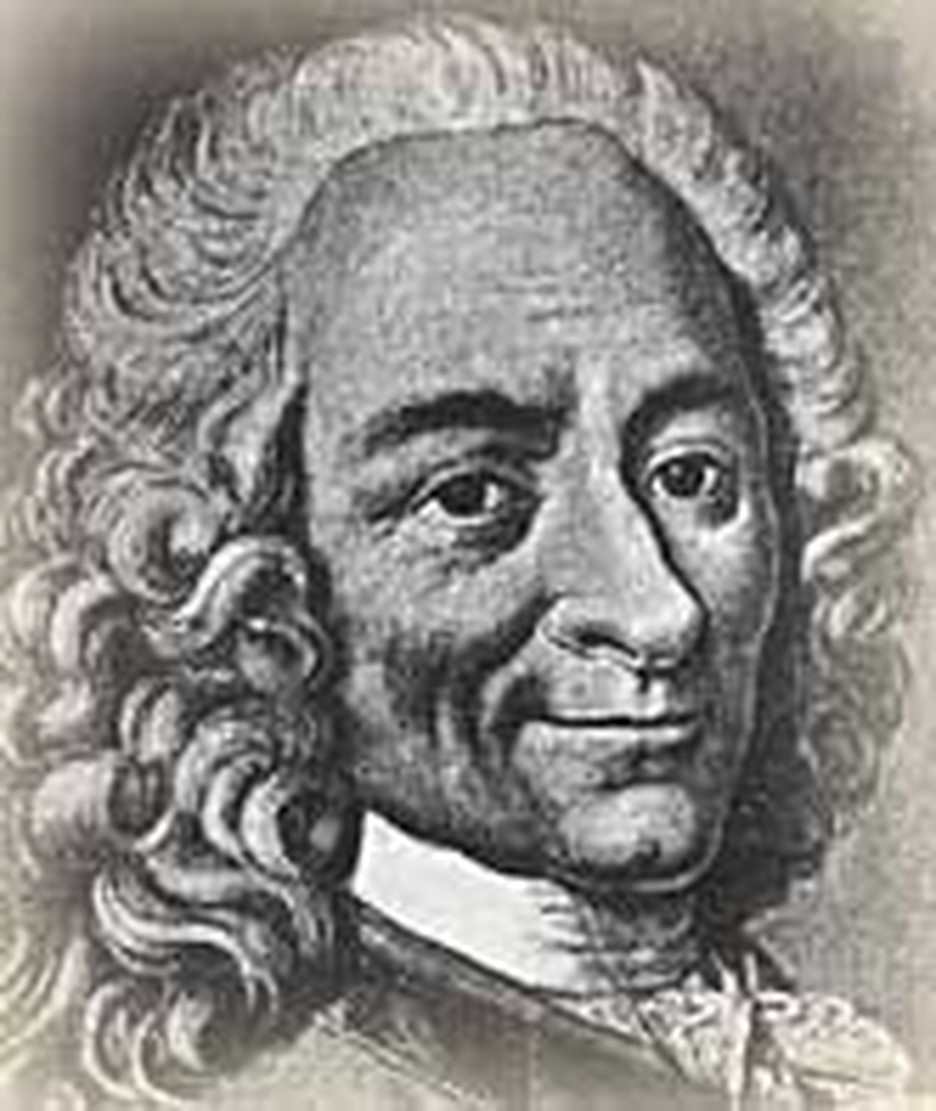
Rev. Charles Davy was writing between nine and ten o'clock in the morning on this day, November 1, 1755 when his papers began to tremble. This surprised him since the day was calm and beautiful. He heard a rumble, which he thought came from carts in the street. Then his room shuddered. It dawned on him that he had been jolted by a mild earthquake. While he debated whether to stay inside or run out, the house shook so violently that its upper stories collapsed.
Holes appeared in the stone work of his room. The air was so choked with dust that for several minutes he could scarcely breathe. Only with difficulty was he able to keep his footing. Outside, he heard screams and wails. In every direction churches and stone buildings toppled in ruin. Priests led prayers. Frightened people shrieked to the saints for help and clutched crucifixes and images seized from the churches, apparently thinking these inanimate objects could save them.
"The sea is coming, we shall all be lost" cried a voice. Davy turned and saw a wall of water, about twenty feet high, bearing down upon him. The quake had generated a tsunami. He ran for higher ground. The roaring wave smashed all in its path. When it retreated, it bore bodies with it. He found herself up to the waist in water and clung to a heavy beam to keep from being dragged away. Fire followed. The candles and ovens of the city had loosed flame into the wreckage. Looters set even more fires. Once a jewel on the Atlantic, Lisbon burned for five days.
Felt throughout Europe and North Africa, the quake inspired hundreds of sermons. Ministers held it up as a warning. Some saw it as a sign of the coming of Christ--one of the great earthquakes of the Apocalypse. Thousands a people realized they were unprepared for eternity.
One of them, Rachel Low, who afterwards became an ardent Methodist, told how the earthquake made her tremble for her soul. "I was never under much convictions till the Friday after the Earthquake in 1755. I went to lecture, and after that was over, went in to see Mr. Brown that was drawing nigh his end. Seeing him, my mind was affected with a consideration that I might be in eternity before him and that I was not in a prepared state. As I was going home I had a sense that every step I took I was drawing nearer to eternity and the tho't I was unprepared lay heavy on me. And when I got home Mr. Caleb Burnam came in and was speaking of Lisbon being shook down by an Earthquake, this struck me into distress, I saw my sins to be numerous..."
The Deist philosopher Voltaire took a more cynical tack in a poem he wrote:
"Will you say: 'This is result of eternal laws
Directing the acts of a free and good God!' ...
Did Lisbon, which is no more, have more vices
Than London and Paris immersed in their pleasures?
Lisbon is destroyed, and they dance in Paris!"
Bibliography:
- Davy, Rev. Charles. "The Earthquake at Lisbon, 1755." Modern History Sourcebook. (http://www.fordham.edu/halsall/mod/1755lisbonquake.html).
- Durant, Will and Ariel. Rousseau and Revolution. The Story of Civilization, Part X. (New York: Simon and Schuster, 1967) p. 262.
- Kendrick, Thomas Downing. The Lisbon Earthquake. (London: Methuen, 1956).
- "The Mind of an Age: Science and Religion Confront Eighteenth-Century Natural Disaster." (http://faculty.gilman.edu/US/ JamieSpragins/Euro_Hum_2002-03/Voltaire/lisbon.htm). [Voltaire's poem]
- Various encyclopedia and internet articles.
Last updated April, 2007.

.png)
